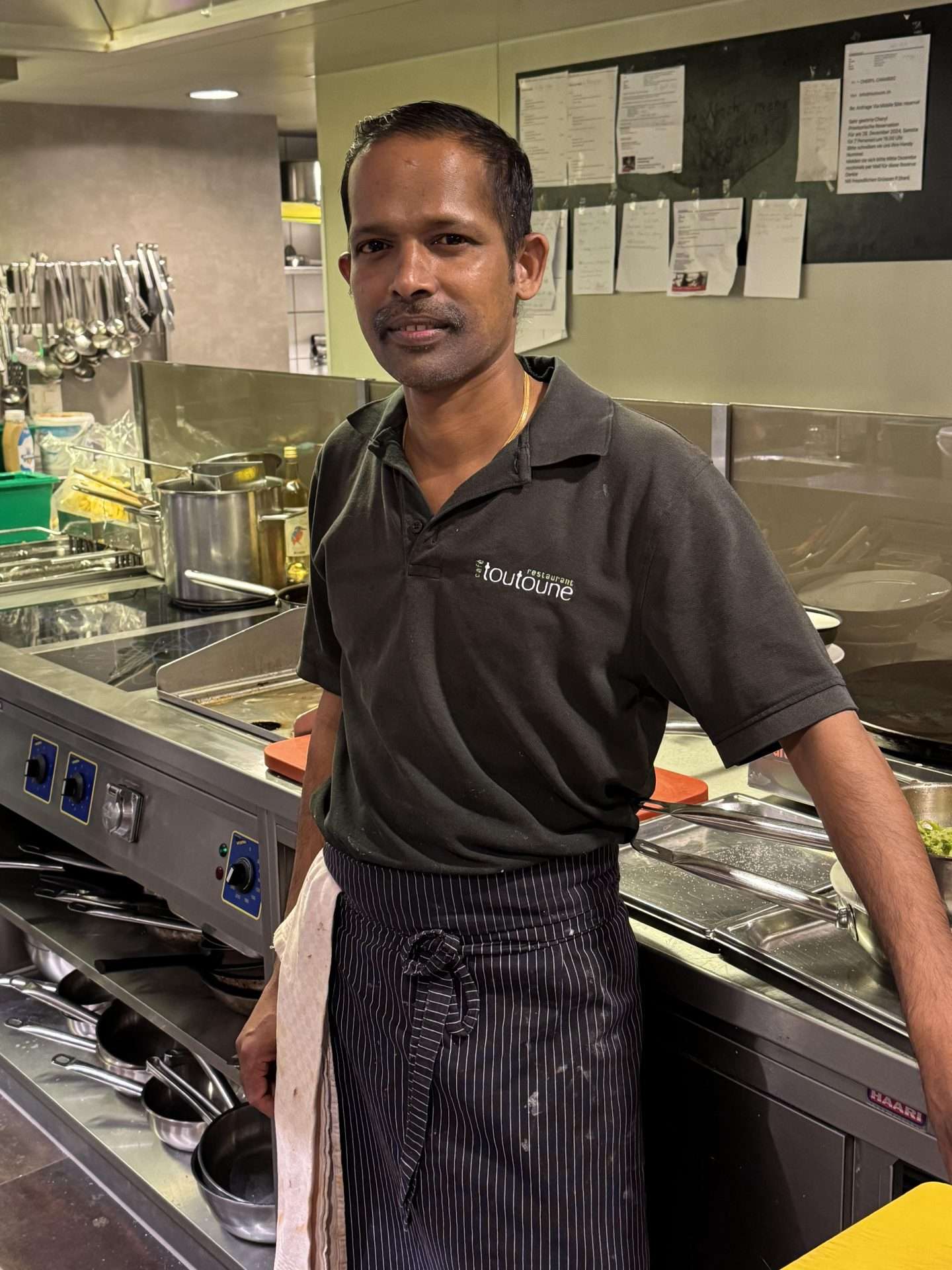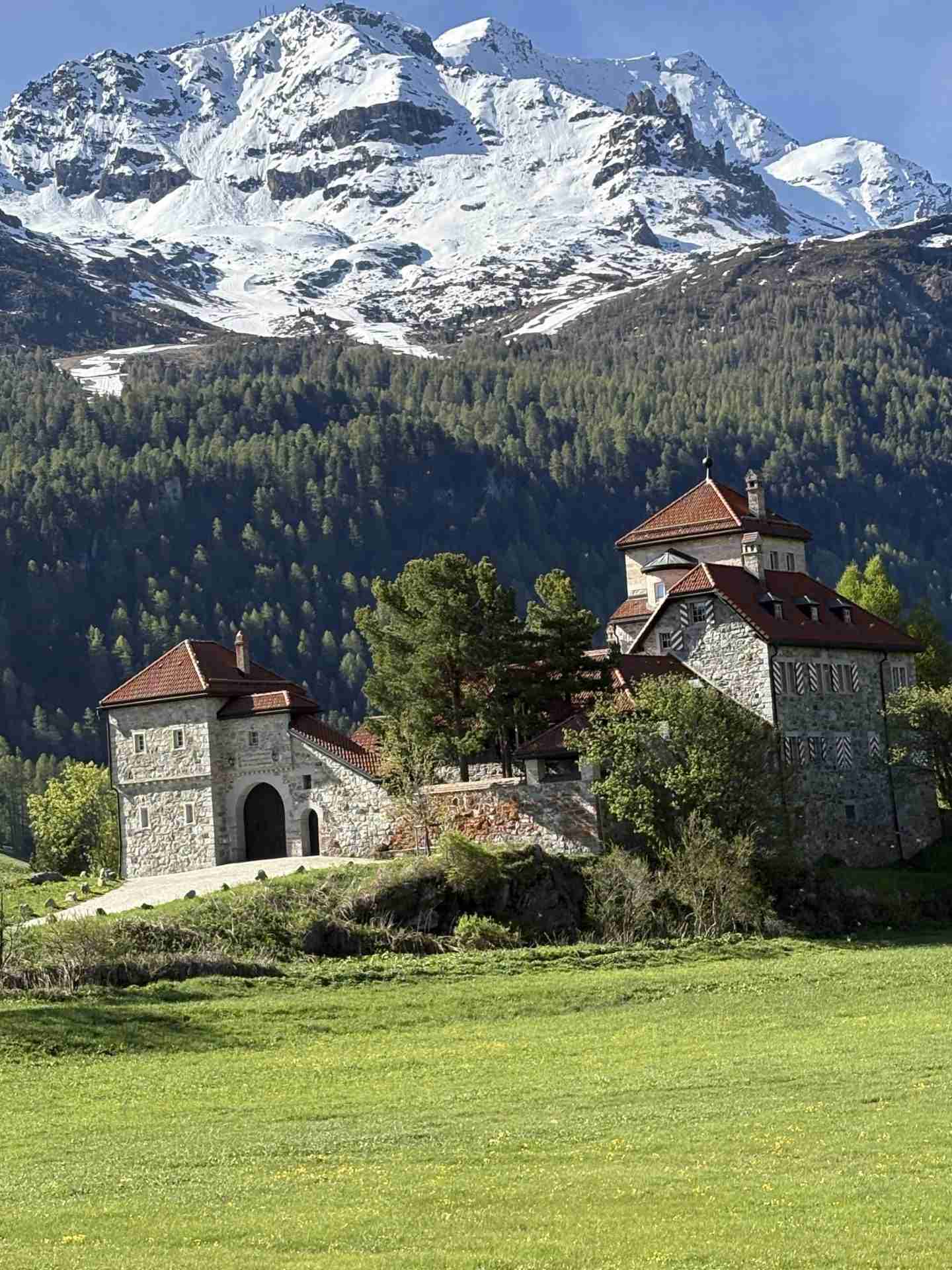A Survivor’s Tale: Navigating the Aftermath of Genocide
The tragic narrative of Waran Rawan, a Tamil refugee who found sanctuary in Switzerland after escaping the brutal Sri Lankan civil war, serves as a poignant reminder of the devastating human cost of ethnic conflict. His story, recounted by Eric Mackenzie Lamb, draws parallels to the Rwandan genocide, highlighting the recurring pattern of violence that erupts when ethnic tensions escalate unchecked. Rawan’s displacement and new life as a cook in the Swiss Alps underscore the profound disruption and enduring scars left by such conflicts, forcing individuals to rebuild their lives far from their homeland, severed from their roots and haunted by memories of loss.
The Sri Lankan civil war, spanning from 1993 to 2009, arose from the deep-seated divisions between the Sinhalese majority and the Tamil minority. This ethnically charged conflict, ignited shortly after Sri Lanka gained independence from colonial rule, centered on the Tamil population’s demand for an independent state in the northeastern part of the country. The Sinhalese government’s refusal to accede to this demand triggered a protracted and bloody conflict, marked by repression and violence. The Sinhalese government’s suppression extended to cultural expression, with a ban on Tamil language books, magazines, and films, further exacerbating the sense of marginalization felt by the Tamil community. This denial of cultural identity added a layer of symbolic violence to the physical conflict, deepening the rift between the two groups.
The decades-long conflict witnessed unspeakable atrocities and widespread human suffering. The Tamil Tigers, a militant separatist group, fought fiercely for their cause, while the Sri Lankan military responded with overwhelming force. The fighting trapped countless civilians in the crossfire, leading to a staggering death toll estimated between 80,000 and 100,000 people. The true extent of the casualties likely remains unknown, with numerous individuals still unaccounted for, leaving a painful void in the lives of their families. The war’s end in 2009, marked by the military defeat of the Tamil Tigers, brought a semblance of peace, but it did not erase the deep wounds inflicted on the nation’s psyche.
The ongoing search for missing relatives by surviving family members underscores the enduring legacy of the conflict. The uncertainty surrounding their loved ones’ fate continues to haunt them, hindering the process of healing and reconciliation. The lack of closure perpetuates a sense of injustice and prevents the nation from fully moving forward. The stories of these families searching for answers amidst the rubble and silence speak volumes about the human toll of the war, a toll that extends far beyond the battlefield. The struggle to find information, to obtain closure, and to memorialize their lost loved ones becomes a lifelong burden.
Waran Rawan’s experience reflects a broader pattern of displacement and refuge experienced by countless Tamils during and after the civil war. Forced to flee their homes due to violence and persecution, many sought asylum in other countries, becoming part of a global diaspora. Their stories, like Waran’s, are testaments to the resilience and determination of those who have endured unimaginable hardships. These individuals, scattered across the globe, carry with them the memories of their lost homeland, the pain of separation from loved ones, and the hope for a better future. They represent the human cost of the conflict, a reminder of the enduring consequences of ethnic strife.
The Sri Lankan civil war serves as a stark reminder of the fragility of peace and the devastating consequences of unresolved ethnic tensions. The conflict underscores the importance of promoting dialogue, understanding, and respect for cultural diversity. The international community must learn from such tragedies and actively work to prevent similar conflicts from erupting elsewhere. The long road to reconciliation in Sri Lanka requires addressing the root causes of the conflict, promoting justice, and ensuring that all communities feel safe, respected, and have a stake in their country’s future. The stories of those who survived, like Waran Rawan, should serve as a constant call for peace and a testament to the enduring human spirit in the face of adversity. Only through sustained efforts to address the underlying issues of inequality and discrimination can lasting peace and reconciliation be achieved.
Share this content:












Post Comment